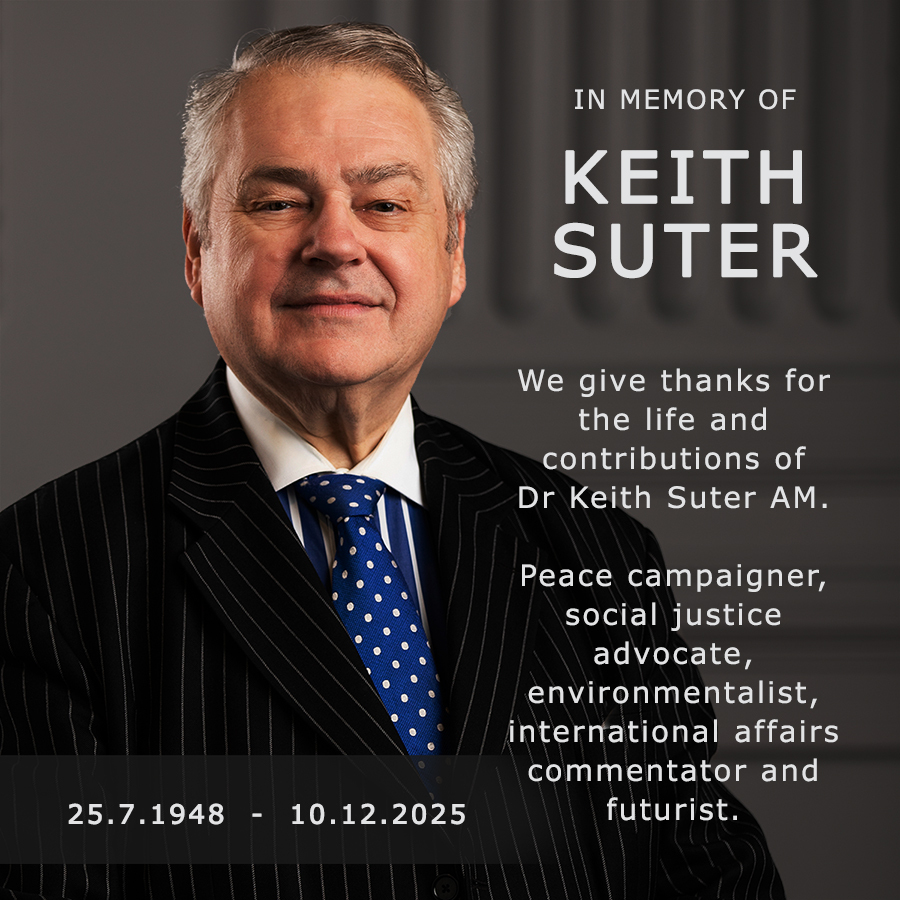
Archive Article: Improving Religious Dialogue 14 June 02
December 29, 2008
Australia is becoming a country of many faiths. How are to improve the quality of religious dialogue?
The current edition of “Christian Social Action”, published by the US Methodist Church, has an article by Washington DC layperson Kevin Logghe on how to improve religious dialogue. The article is meant for an American audience but the lessons apply here in Australia.
First, understand the difference between “trying to explain” and “trying to convince”. He suggests a technique whereby people wishing to share their faith, do so by simply setting out to explain it. A person who detects that that they are being approached with the purpose of being deliberately converted, will automatically put up their defence systems and exclude the information. But if the dialogue is done more to explain, then the other person may be more receptive.
Second, it is important to respect the other person’s personal experience. To understand what faith means to someone else we much remember that their religion is the highest expression they have had (so far) in their lives. Understanding this point makes it easier to understand why people cling to and protect their chosen religion so zealously – and the need to choose our words carefully.
Third, don’t make assumptions about what they already know about our religion. It is very easy to assume that of course every one must know about our religion. A Christian does not know how much they absorb simply by living in a Christian home, going to church each etc. We get educated when we least expect it. It is not a formal process. Non-Christians have not had this type of experience.
Fourth, don’t assume that they know the history or doctrine of our religion. Some Christians were well versed in religious history (I think that the Catholics do this very well). Others are not. Protestants tend to assume that history began with the Reformation five centuries ago! Methodists may only go back just over 250 years – to the conversion of John Wesley. This suggests we need to learn more of our own history.
But Kevin Logghe also warns that a person seeking to know about Christianity may look up the creeds from the 4th Century and ask how these impact on our daily life. We need to be careful that we do not do the same thing in trying to learn about other faiths. To understand the role that religion plays in a person’s life, is to understand how it forms the decisions they make in their everyday lives. Rightly or wrongly, this seldom has a connection with the details of the doctrine from central committee. For example, what impact is made on the everyday life of a member of the Uniting Church by the Basis of Union 1977? For most people, their family or community education is a far more vital factor in understanding how they came to believe what they believe.
Finally, if you hear something that doesn’t make sense, you probably need more information. Many of us inherit the particular faith traditions we practice, We know for instance the worship style that is most appealing to us, without knowing much of its liturgical basis. It is hard to ask someone to explain their religion in terns that make sense to us when we are unlikely to be able to explain our own. Therefore, we need to seek to know more of another faith before we rush to judgment – and we also need to know more about our own.
Broadcast On Friday 14th June 2002 On Radio 2GB’s “Brian Wilshire Programme” At 9pm And On 16th June 2002 On “Sunday Night Live” At 10.30pm

